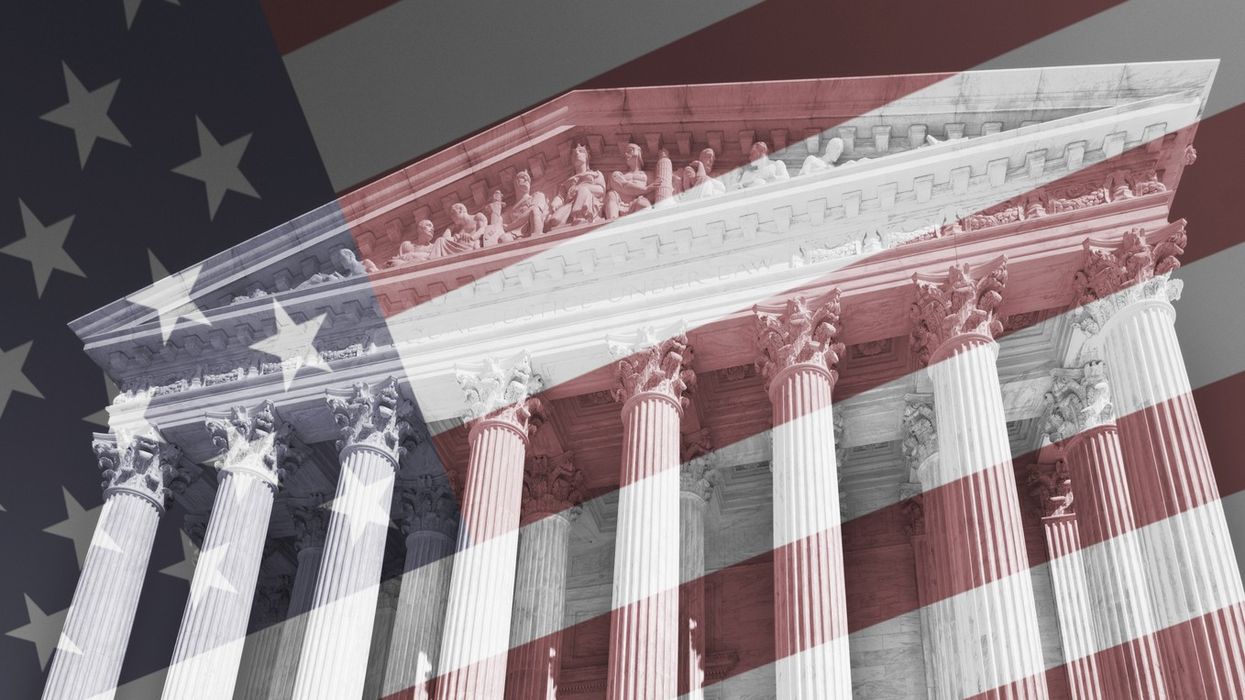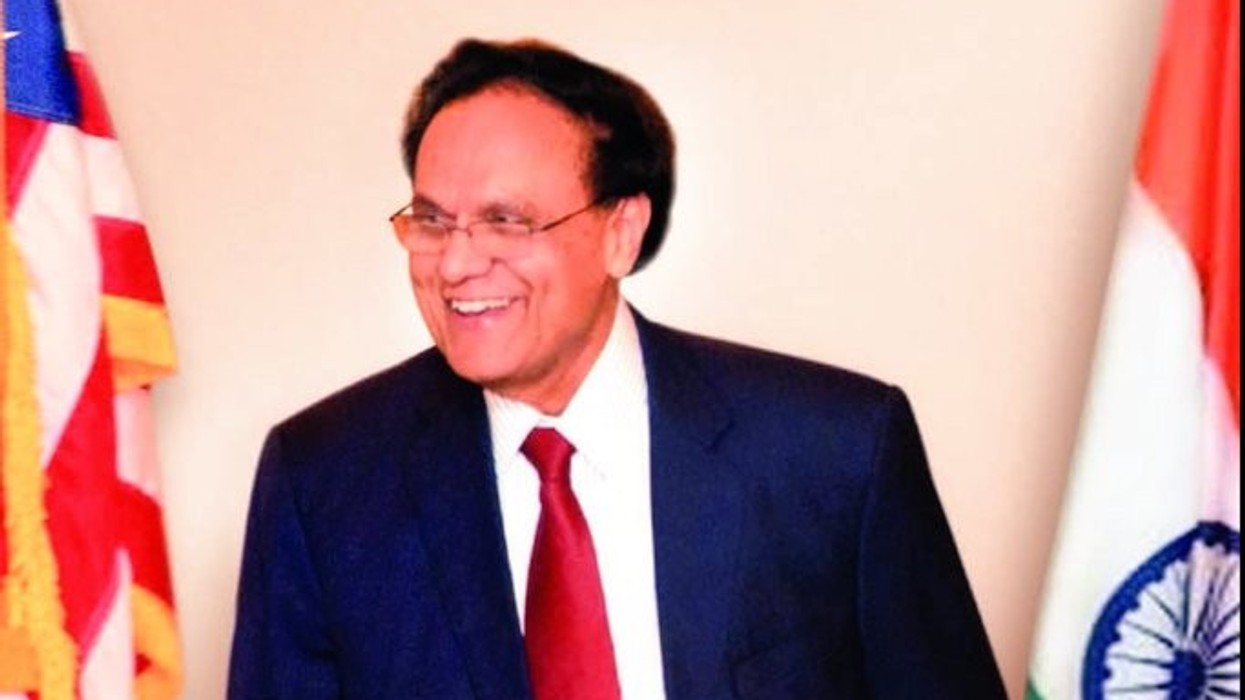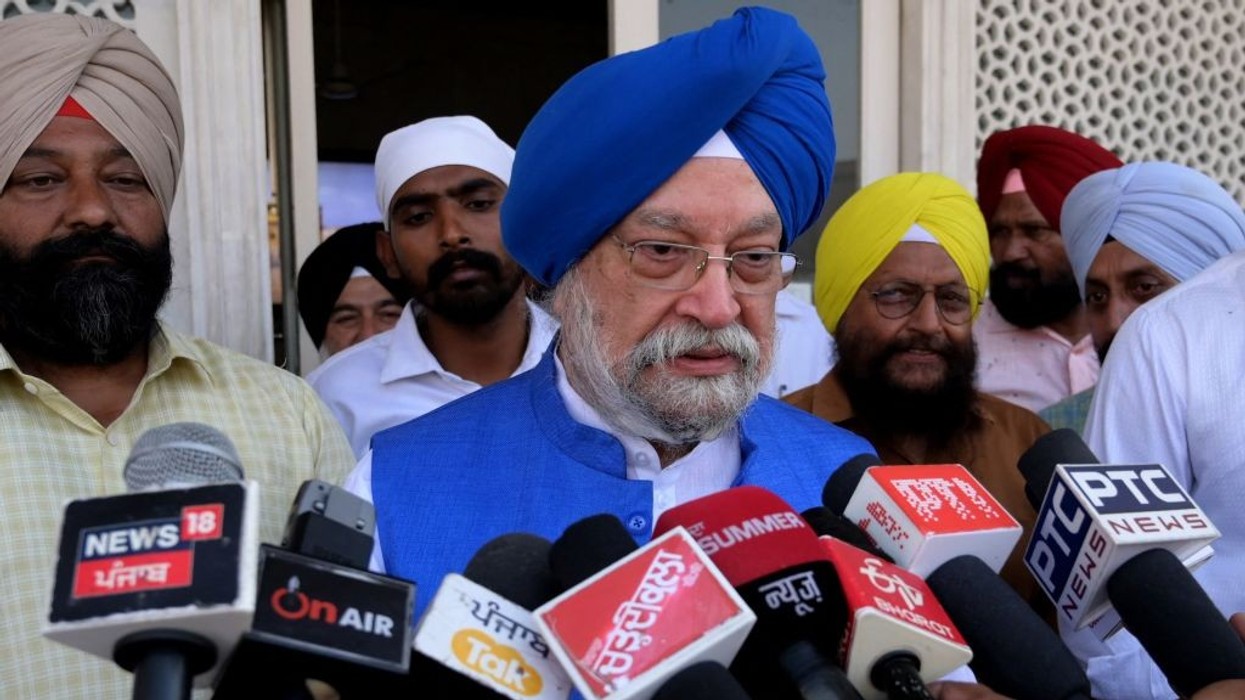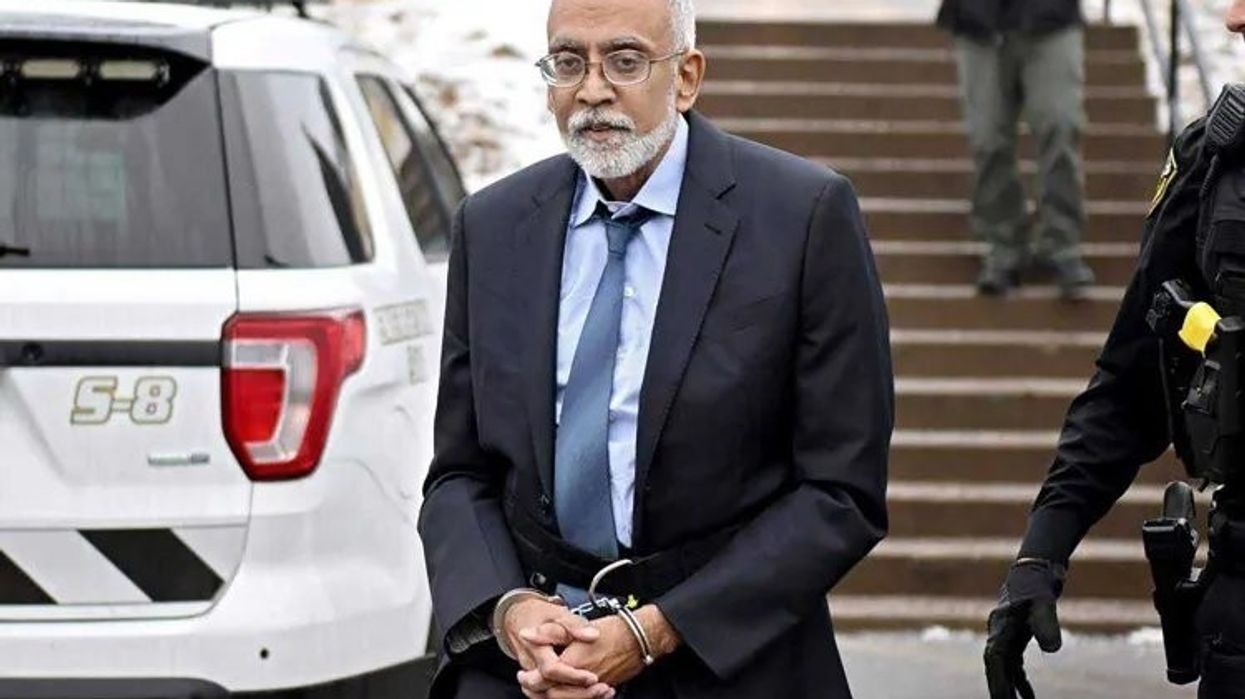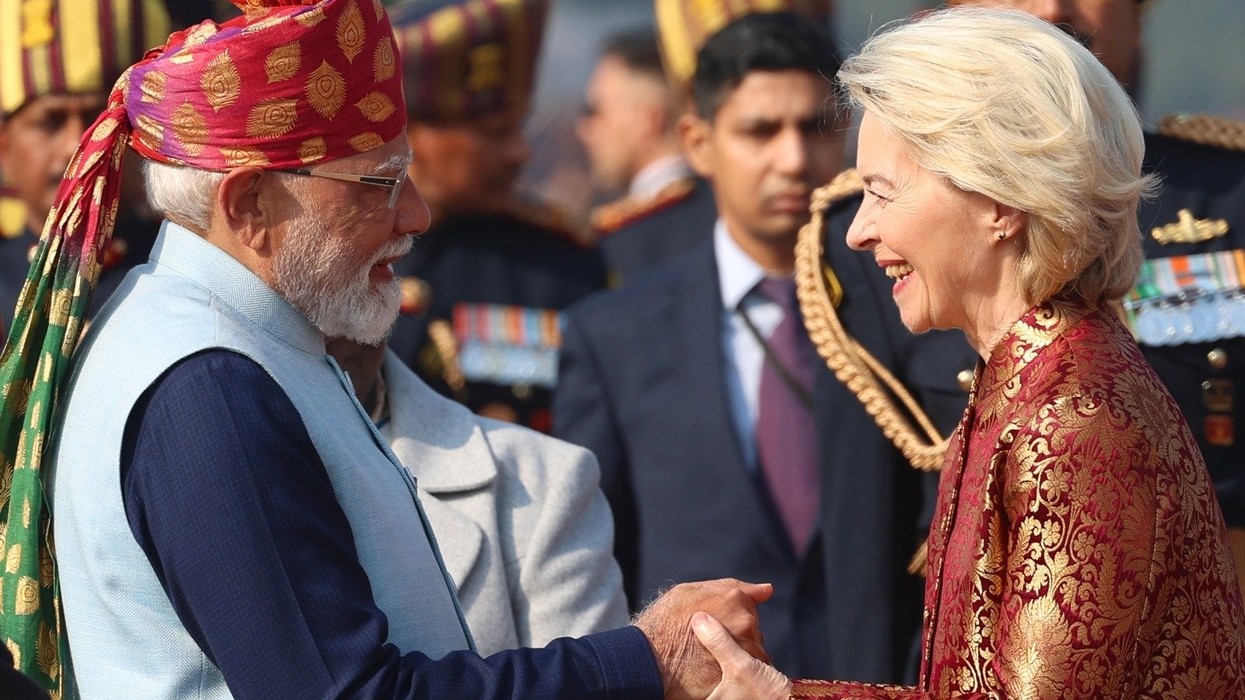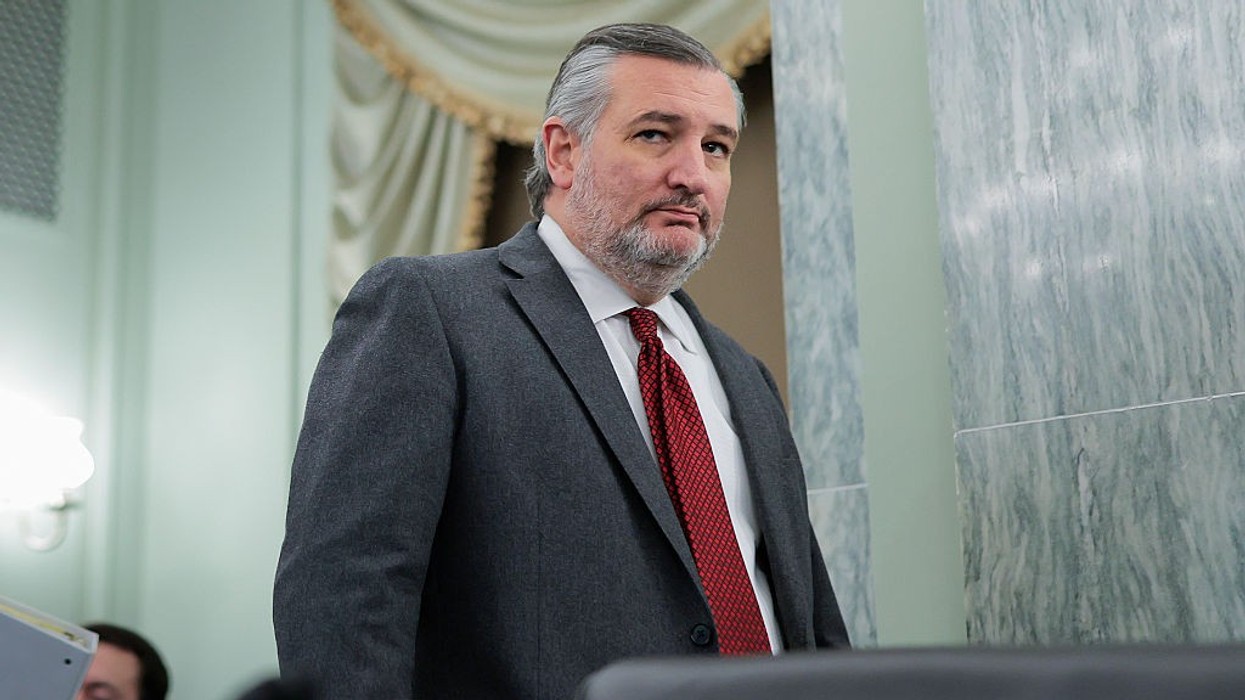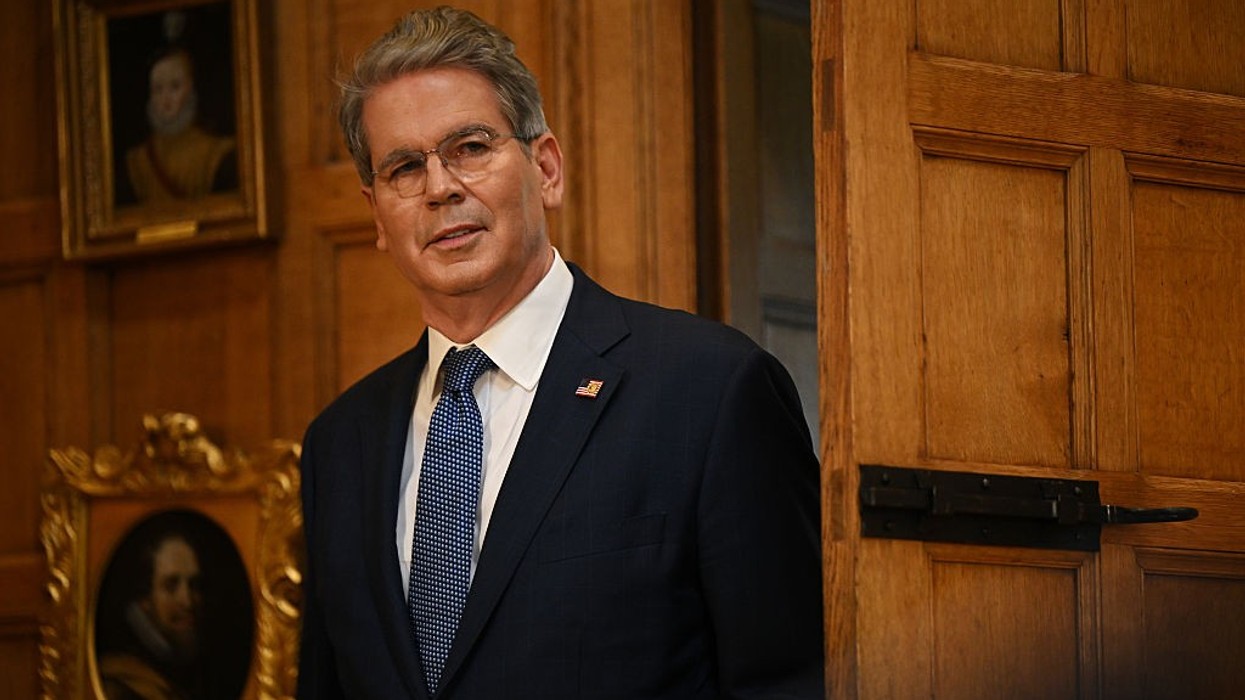The U.S. Supreme Court on Monday (8) lifted a temporary restraining order that had barred federal immigration agents from conducting so-called “roving patrols” and from profiling individuals based on their appearance in Los Angeles and Southern California.
The 6-3 ruling sided with the Trump administration, allowing immigration enforcement officials to resume aggressive street sweeps aimed at identifying undocumented immigrants, primarily in the Los Angeles area, which has been the epicenter of Trump’s mass deportation campaign.
The order was issued through the court’s emergency or “shadow docket,” a mechanism for swift decisions with little briefing or oral arguments. The ruling permits federal agents to briefly detain and interrogate individuals about their immigration status using a “totality of circumstances” test for reasonable suspicion. This standard allows officers to rely on everything they observe and know about a suspect at the time, including factors such as ethnicity, language, location, and job type.
Trump administration’s defense and court’s majority opinion
The Trump administration argued that the prior injunction interfered with immigration enforcement efforts and the executive authority vested in the presidency to enforce immigration laws. They claimed the restrictions chilled law enforcement and threatened agents with sanctions if their stops were later challenged in court.
Justice Brett Kavanaugh, concurring with the majority, acknowledged that ethnicity alone cannot provide reasonable suspicion but argued it could be a relevant factor alongside others. He noted the high number of undocumented immigrants in Los Angeles, their tendency to congregate in specific areas, and often accepting day labor jobs that do not require paperwork.
Strong dissent from liberal justices and critics
The three liberal justices dissented sharply, criticizing the court for bypassing conventional oral arguments through the emergency docket. Justice Sonia Sotomayor argued the decision authorizes unconstitutional stops and detentions based on appearance, such as looking Latino, speaking Spanish, or working low-wage jobs. She lamented the erosion of Fourth Amendment protections against unreasonable search and seizure and expressed concern for the civil rights of Latinos and other minorities in Southern California.
California Governor Gavin Newsom condemned the decision, calling it a “parade of racial terror” and vowed that the state would continue fighting what he termed attacks on Californian families and small businesses. Local governments and civil rights groups joined forces, asserting these raids had spread fear and terror throughout immigrant communities.
Impact and ongoing enforcement
The ruling enables Border Patrol and Immigration Customs Enforcement (ICE) agents to resume street-level operations that were previously halted by court orders. These raids have targeted Latino day laborers and workers in places such as Home Depot parking lots and car washes. One such raid involved tear gas and pepper pellets to disperse crowds before detaining workers.
The aggressive tactics have sparked protests, multiple lawsuits, and calls for stronger civil rights protections. Despite the backlash, the Trump administration has vowed to continue these operations and expand similar enforcement efforts nationwide, aiming to deport undocumented immigrants at historically high rates.
Broader implications for immigration policy and civil rights
Legal observers warn the decision sets a precedent for broader federal latitude in immigration stops based on broad profiles combining ethnicity, language, and economic status. Critics contend this undermines constitutional safeguards and threatens the sense of belonging and safety for immigrant communities while fueling racial profiling and discrimination.
Experts also link these enforcement policies to wider racial and social justice issues related to the Trump administration’s approach to diversity, equity, and immigration reform. The ruling highlights the ongoing tensions between federal immigration priorities and state and community resistance to perceived targeting of minority populations.
